TEHRAN(Bazaar) – Professor Paul Pillar, who was CIA intelligence analyst for 28 years, says It would be hazardous to predict any specific date for completion of the Vienna negotiations.
“If there isn't any agreement to announce by the end of May, then probably most observers would describe the talks as stalemated,” Pillar tells the Bazaar in an exclusive interview.
Following is the text of the interview:
Bazaar: The Vienna talks will resume on Friday with signs of a possible agreement by the end of May. However, some obstacles to removing the names of Iranian individuals and entities from the sanctions list may delay it until mid-June. Do you think the talks will be completed by the end of May?
Pillar: It would be hazardous to predict any specific date for completion of the negotiations. However, if there isn't any agreement to announce by the end of May, then probably most observers would describe the talks as stalemated.
Bazaar: Biden's national security adviser, Jake Sullivan, has said that talks on reviving the JCPOA in Vienna are in a “vague situation”. Meanwhile, other negotiating teams are optimistic about these negotiations. What is the reason for this contradiction?
Pillar: Biden administration officials want to be careful not to overpromise. They also don't want to sound too enthusiastic or positive, given that domestic critics of the JCPOA and of the administration like to say that the administration is too anxious to reach an agreement and is too willing to make concessions.
Bazaar: It can be inferred from the positions of US officials that they pretend to be in no hurry to reach a speedy agreement. Meanwhile, Iran insists on speeding up to reach an agreement. If you agree with the argument made about the US position, what is the reason for this?
Pillar: That's all part of not giving ammunition to the domestic critics in the United States who charge that the administration is "rushing" into an agreement. But as in any negotiation, the Iranian side also has an interest in not appearing too anxious to make concessions and reach an agreement, notwithstanding what it has said about favoring speedy negotiations.
Bazaar: The United States Department of State announced in a statement that a delegation of negotiators, including US political and security officials and experts, will begin its visit to four Arab countries from May 1, 2021. According to the statement, the trip to the four Arab countries of the United Arab Emirates, Egypt, Jordan and Saudi Arabia, with the aim of discussing some regional issues, will last until May 7 (one week). It seems that the Biden government is trying to reassure the countries in the region about the JCPOA. What is your assessment?
Pillar: Certainly the administration is trying to reassure those other governments in the region that the United States is not taking sides in favor of Iran and will continue to respect the Arab states' interests. This reassurance trip also is intended to placate some domestic American critics.
Bazaar: Israel has stated that, regardless of the JCPOA agreement, Israel recognizes the right to defend itself against Iran. This is an issue that was also emphasized by the United States during the recent visit of the US Secretary of Defense to Israel. Doesn't this mean that the United States will leave Israel open to possible action against Iran? Will this not harm the possible agreement between Iran and the United States on nuclear issues?
Pillar: Israel has legitimate defensive needs and concerns but yes, unfortunately much destabilizing behavior can be rationalized by calling it Israel "defending itself". The task for the Biden administration will be to persuade Iran that it is not promoting, nor is it responsible for, the Israeli actions.

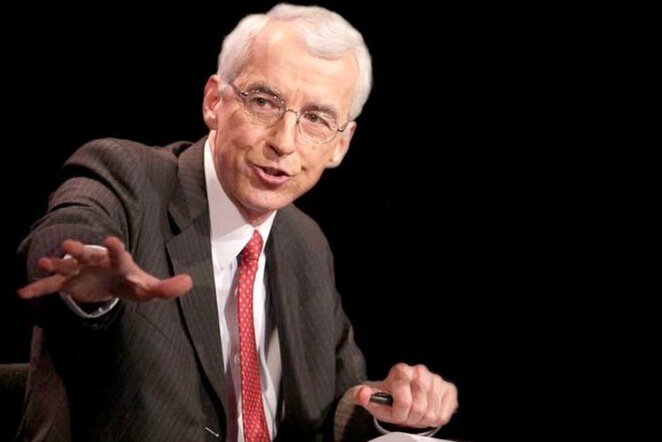








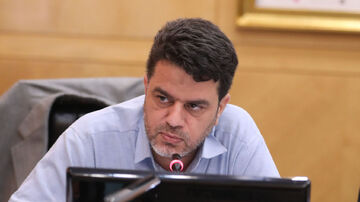

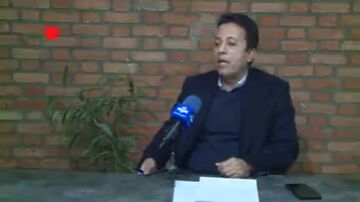
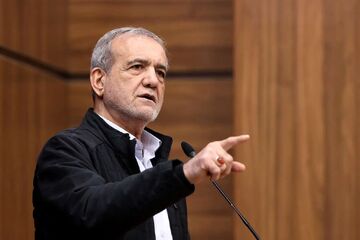

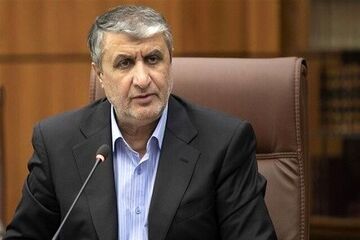
نظر شما